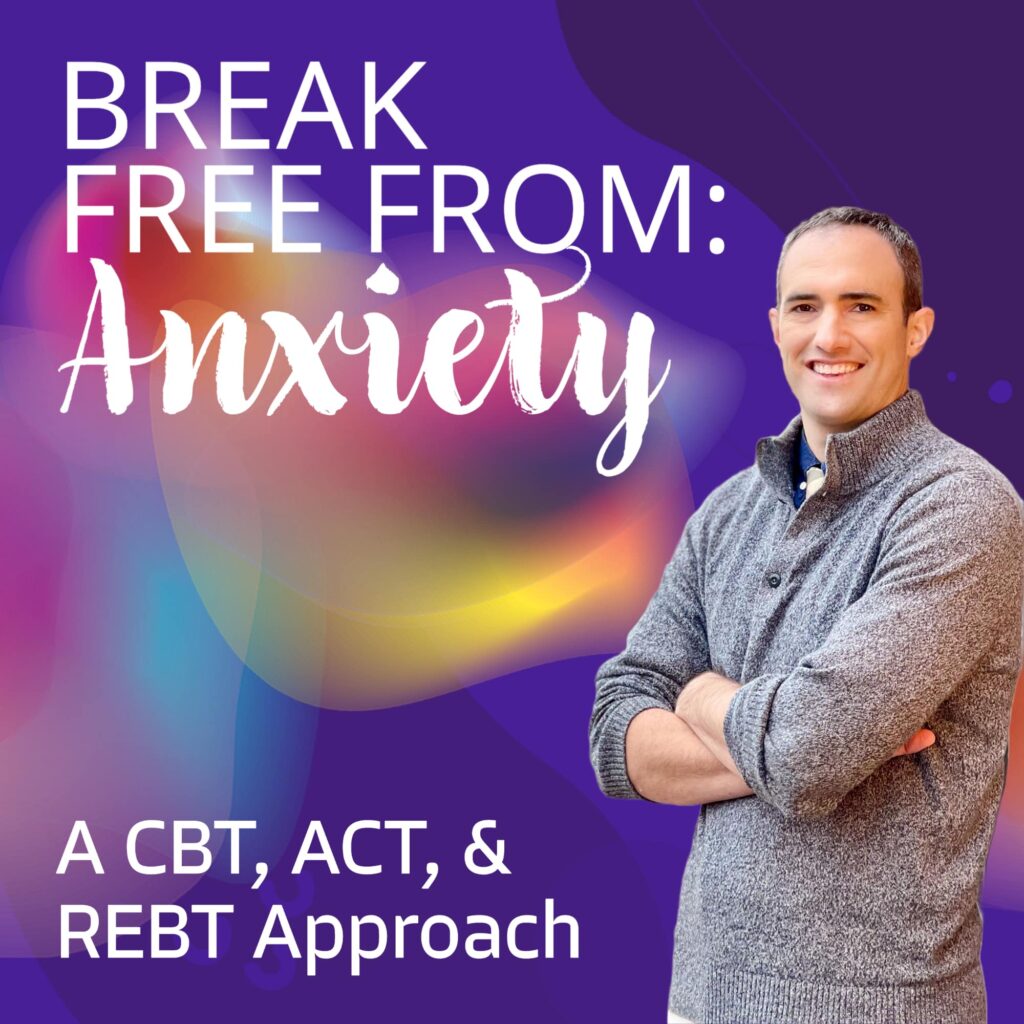[et_pb_section fb_built=”1″ admin_label=”section” _builder_version=”4.18.0″ custom_margin=”0px||0px||false|false” custom_padding=”0px||0px||false|false” global_colors_info=”{}” theme_builder_area=”post_content”][et_pb_row admin_label=”row” _builder_version=”4.18.0″ background_size=”initial” background_position=”top_left” background_repeat=”repeat” width=”100%” global_colors_info=”{}” theme_builder_area=”post_content”][et_pb_column type=”4_4″ _builder_version=”4.16″ custom_padding=”|||” global_colors_info=”{}” custom_padding__hover=”|||” theme_builder_area=”post_content”][et_pb_text ul_item_indent=”40px” admin_label=”Text” _builder_version=”4.18.0″ text_font=”||||||||” text_text_color=”rgba(0,0,0,0.7)” text_font_size=”18px” background_size=”initial” background_position=”top_left” background_repeat=”repeat” locked=”off” global_colors_info=”{}” theme_builder_area=”post_content”]
Cognitive behavioral therapy is helpful in addressing various mental disorders such as depression, anxiety, eating disorders, and other severe mental illnesses. In some studies cognitive behavioral therapy is demonstrated to be as effective as other psychological therapy and psychiatric medications.
Cognitive behavioral therapy hinges on the premise that problems are based on faulty or unhelpful ways of thinking. There is an exchange between unhelpful thinking and unhelpful, learned behavioral patterns. Individuals with psychological problems can learn better ways of coping with them by addressing these thinking and behavioral patterns.
Strategies to change one’s thinking patterns involves increasing self-awareness. Through therapy, one obtains improved insight into and understanding of these patterns. Somebody might recognize distortions and thinking and then try to compare them with reality. Cognitive distortions are also called cognitive biases.
For example, there are types of cognitive biases that will contribute to social anxiety. One cognitive bias is called the spotlight effect. With the spotlight effect, we over estimate how much people are paying attention to our behavior and appearance. Internally, one might judge their appearance, how they said some thing, much higher than what another person thought of this characteristic. Another type of bias that contributes to social anxiety is confirmation bias. With confirmation bias, we tend to find data that confirms our original beliefs. If one has a history of feeling anxious in social settings, one will enter a situation with the expectation that it too will lead to more anxiety. There is an element of selective abstraction, where we make conclusions on the basis of just one of many elements of a situation.
[/et_pb_tex[et_pb_image src="https://telepsychhealth.com/wp-content/uploads/2025/05/shutterstock_2529620249-scaled.webp" alt="a man sitting on a couch with a woman in the background" title_text="How Would Cognitive Behavioral Therapy Help Me?" _builder_version="4.20.4" _module_preset="default" hover_enabled="0" global_colors_info="{}" theme_builder_area="post_content" sticky_enabled="0"][/et_pb_imag[et_pb_text ul_item_indent="40px" admin_label="Text" _builder_version="4.18.0" text_font="||||||||" text_text_color="rgba(0,0,0,0.7)" text_font_size="18px" background_size="initial" background_position="top_left" background_repeat="repeat" locked="off" global_colors_info="{}" theme_builder_area="post_content"]When an individual has a history of depression, and anxiety, they may become pessimistic and hopeless. They will expect that all their efforts will end in failure. As a result of believing that one cannot affect the outcome of various situations, one will desire to avoid such situations. The process of doing therapy involves constructing a concept, considering how that concept will be expressed, and then reflecting on the concepts and how it sounds. Through this process of self-expression, one gains an increased level of understanding and insight into the causes of the problem.
If you have found yourself struggling with depression or anxiety, please feel welcome to reach out to one of our therapists to schedule an appointment.[/et_pb_tex[et_pb_image src="https://telepsychhealth.com/wp-content/uploads/2025/05/shutterstock_2499013635-scaled.webp" title_text="How Would Cognitive Behavioral Therapy Help Me?" _builder_version="4.20.4" _module_preset="default" hover_enabled="0" global_colors_info="{}" theme_builder_area="post_content" alt="Depressed sad woman sitting alone" sticky_enabled="0"][/et_pb_imag[/et_pb_column][/et_pb_row][/et_pb_section]









